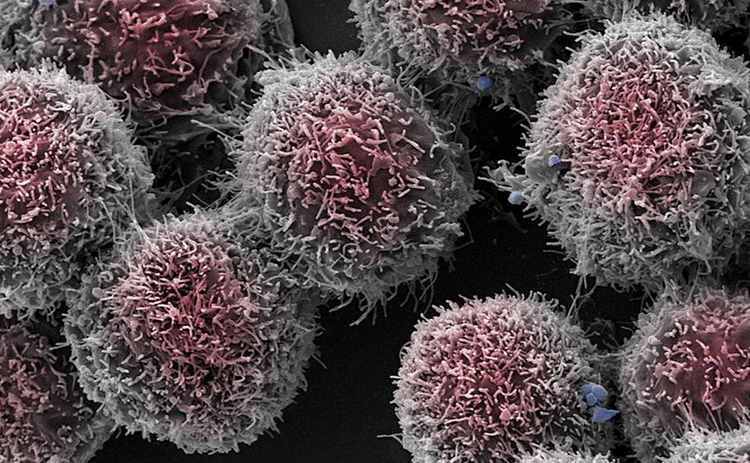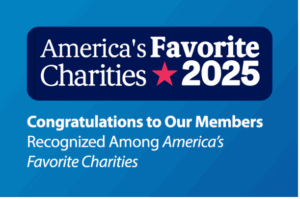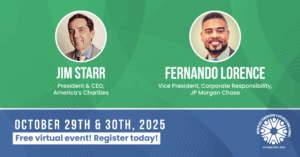Sarah Ford | April 28, 2015
Sloan Kettering CEO Craig Thompson on the revolution under way in cancer prevention and treatment
Decades into the declared modern war on cancer, scientists and clinicians are excited by what we are learning. Yet patients and families are too often frustrated by the lack of progress in prevention and treatment.
To understand this seeming paradox, we have to consider what has been learned about the biology of cancer and how we are putting this knowledge to use.
Viewed in this light, there is tremendous hope for the future, both in decreasing an individual’s lifetime risk of getting cancer and in increasing the success of treating those cancers that do arise.
Most people don’t acquire a significantly higher risk of cancer from the genes that they inherit from their parents. Instead, cancer arises as a result of copying errors (mutations) in the inherited genes, as our bodies make new cells to maintain our various organs. A recent widely quoted publication suggested that these errors are an inevitable consequence of trying to copy three billion bits of information as a cell divides.
That may be true, but it doesn’t mean getting cancer is inevitable. The fastest and most extensive rates of cell division occur when we are developing as embryos. Billions upon billions of cells are produced each day, yet cancer in newborns is exceedingly rare. In contrast, cell division in each of our tissues slows as we grow older, while the incidence of cancer increases with age.

Get Resources and Insights Straight To Your Inbox
Explore More Articles
Congratulations to Our Members Recognized Among America’s Favorite Charities
Each year, The Chronicle of Philanthropy releases its list of America’s Favorite Charities—the 100 nonprofits that raise the most from individual donors, foundations, and corporate…
Read ArticleThe Future of Corporate Giving: How Nonprofits Can Prepare
Corporate giving is a valuable part of the nonprofit funding ecosystem. Companies large and small have incorporated philanthropic efforts into their overall business plans, from…
Read ArticleJoin Us at the Workplace Fundraising & Volunteering Summit!
We’re excited to announce that America’s Charities President, Jim Starr, and Board Member, Fernando Lorence of JP Morgan Chase, will be speaking at the Workplace…
Read ArticleGet Resources and Insights Straight To Your Inbox
Receive our monthly/bi-monthly newsletter filled with information about causes, nonprofit impact, and topics important for corporate social responsibility and employee engagement professionals, including disaster response, workplace giving, matching gifts, employee assistance funds, volunteering, scholarship award program management, grantmaking, and other philanthropic initiatives.




